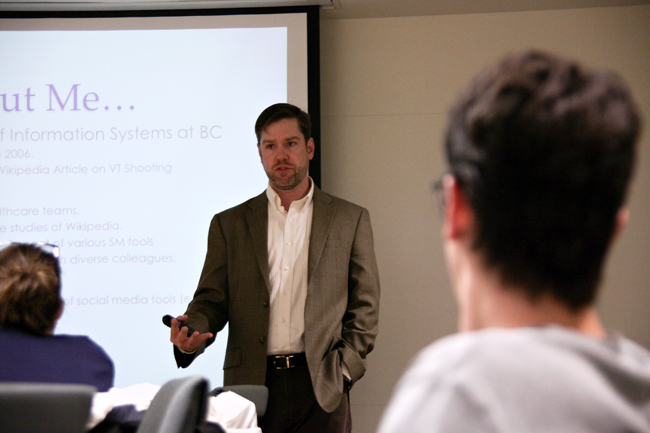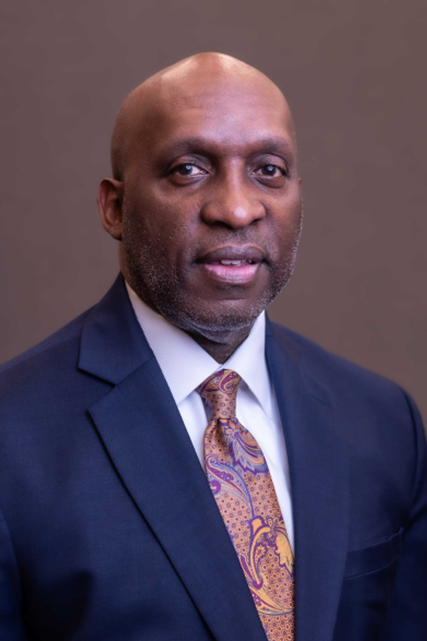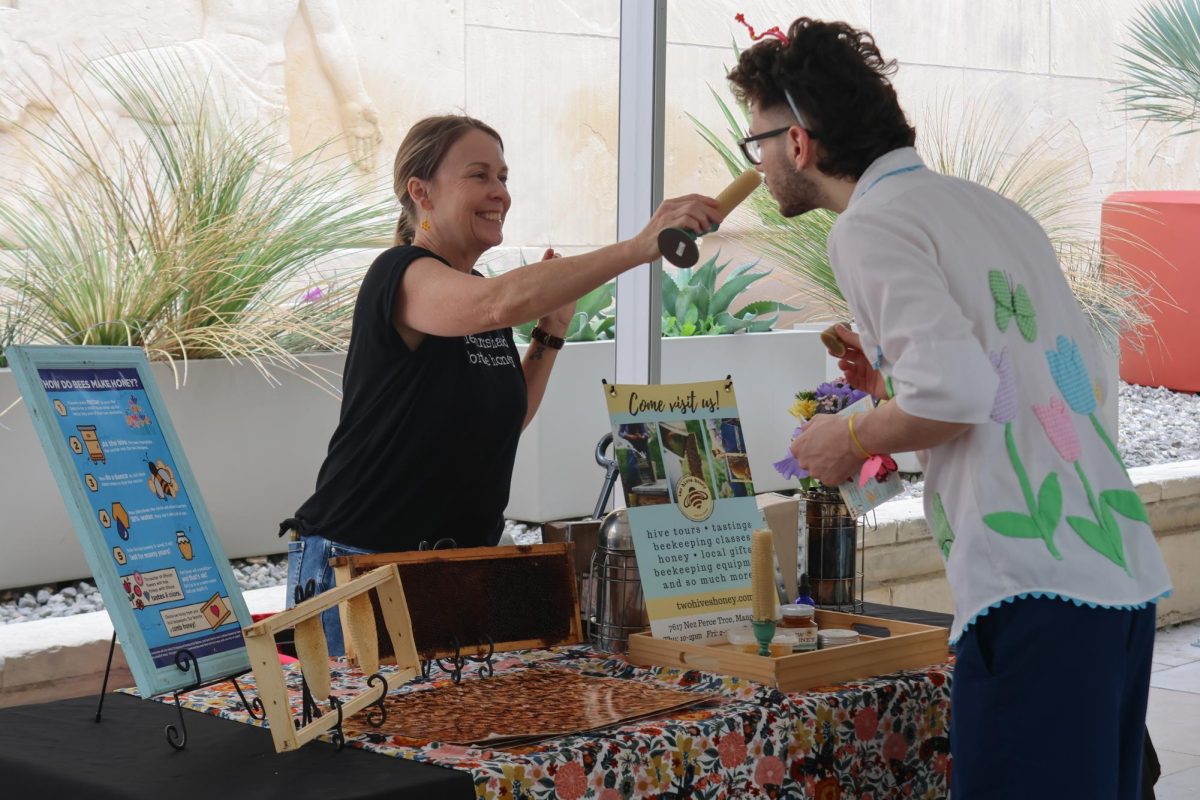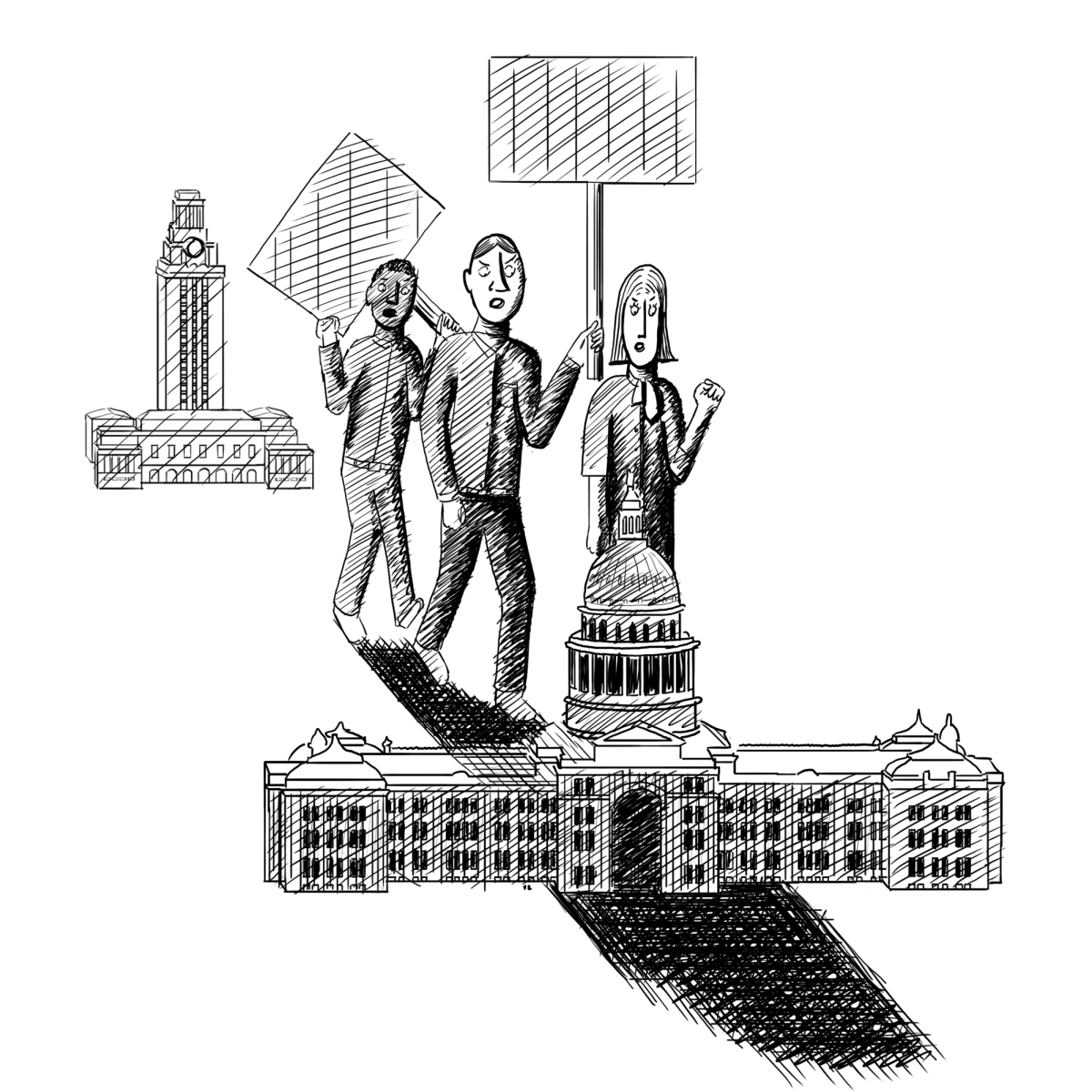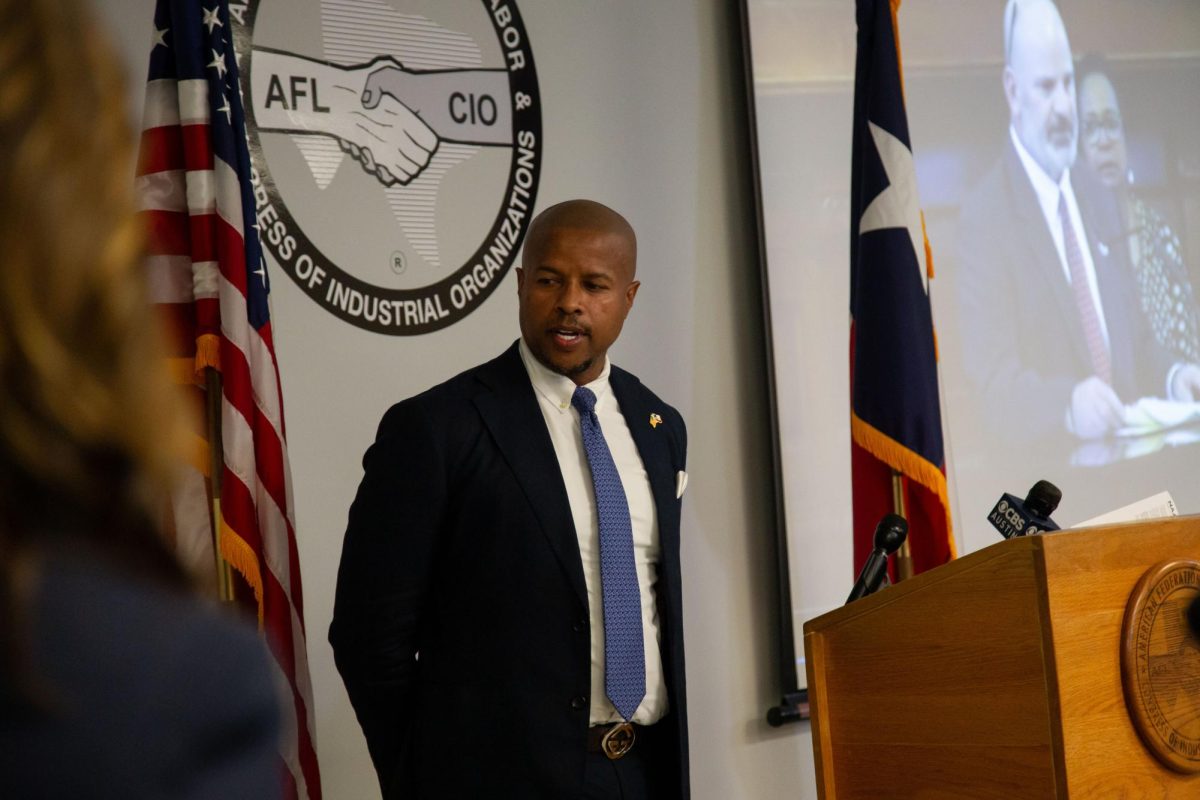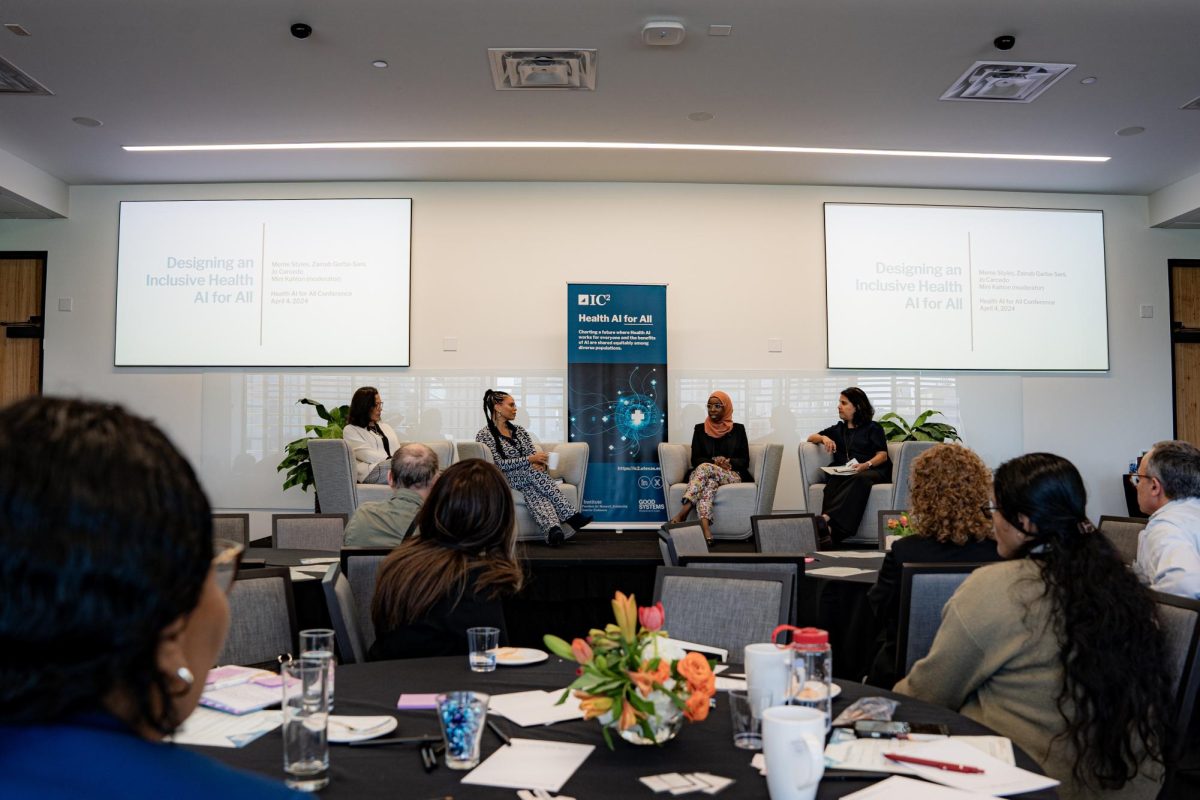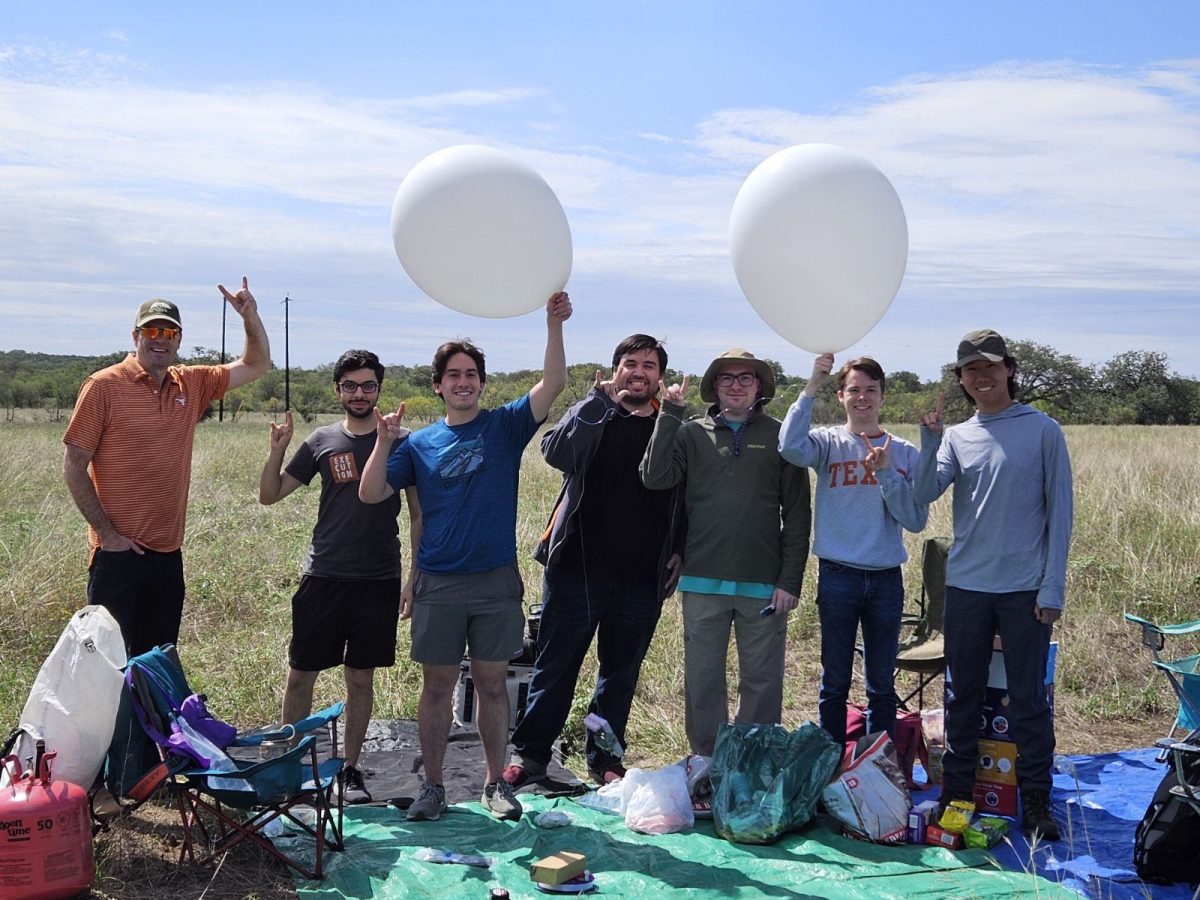In the aftermath of the Boston Marathon bombings, when most Americans were checking Twitter for updates on the manhunt, Boston College professor Jerry Kane was checking Twitter to analyze the network itself.
At a research colloquium hosted by the School of Information on Tuesday, Kane spoke about what social media technology has done to modern human relationships.
“Social media provides us this power to visualize, quantify and analyze the network structure of our connections better than traditional networks,” Kane said. “So — if we were to conduct a survey in this room right now — you’re pretty good at saying who your friends are, but maybe not so good at identifying who your friend’s friends are.”
Kane said his research is focused on the varying ways modern social networks have evolved past the intrapersonal.
“We find that the flow of information can be independent from proximity or relation to others on social media,” Kane said. “If I retweet something about the Super Bowl, I see all sorts of information from people I’ve never met before, yet we’re having that shared experience.”
Kane said teaching classes at Boston College allowed him to see mass exchanges of information in connection to real-time events.
“I actually taught the night before the Boston Marathon bombings,” Kane said. “What I found was that as we used social media to share and talk about the bombing, Facebook and Twitter got used in very different ways. Twitter was much more about information flow; Facebook was more emotional support. I think it really comes back to the symmetry.”
Evelyn Veasey, information studies graduate student, said the colloquium led her to reflect on her own social media use.
“It’s much more instant now,” Veasey said. “You don’t stop and think as much about the connections you’re maintaining.”
Hillary Funk, information studies graduate student, said she saw the relevance of Kane’s research in her work life.
“I actually manage the social media accounts at my job, so I’m always interested in hearing how this relates to organizational use.” Funk said. “It’s good to be aware of how the people that are following you are using it.”
Kane said the future of communication will depend upon the limits of internet privacy.
“It changes the whole flow of how information flows through the network,” Kane said. “It’s less about your knowledge of the network and more about what your network is going to reveal to you.”



